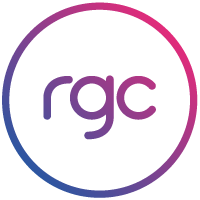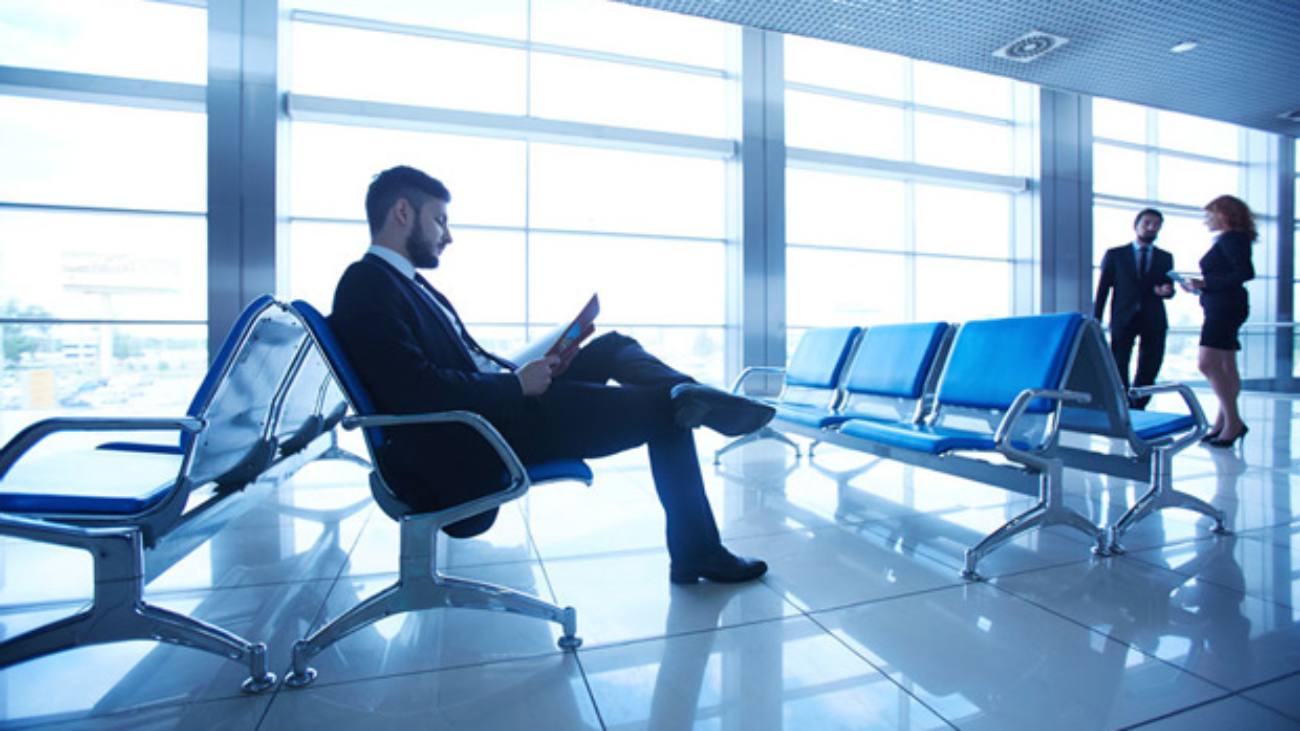Corporates have rarely had it so good, with a recent airfare study indicating the price of corporate Economy Class tickets dropped on key international routes in 2016 and fell by as much as 7% on the top domestic routes, according to the latest 4D FOCUS – Australian Aviation and Airfare Analysis.
The report, which was produced by 4th Dimension, Flight Centre Travel Group’s (FCTG) business travel consulting division, includes a benchmarking study that compares the price of corporate and leisure airfares purchased in 2016 compared to airfares purchased in 2015 and 2014.
4D’s analysis of corporate and leisure tickets purchased through the FCTG’s staple of travel brands, demonstrates that Australian travellers continue to see excellent value from the price of their air tickets. Compounding the positive news for travellers is the fact that Australian airlines are heavily focused on improving the whole travel experience – from take-off to touch-down as they vie for customer loyalty.
Since 2014, Qantas has upgraded 100 Airbus A330 and 737 aircraft with new interiors, opened new lounges around the country and the carrier is also on the verge of introducing free high-speed Wi-Fi in the domestic market.
John Simeone, Qantas’ Head of Business and Government Sales, said in the report, “This year, we’re entering a new era with the introduction of free high-speed Wi-Fi in the domestic market and the arrival of Qantas’ first Dreamliner, opening up breakthrough routes like Perth – London.”
Meanwhile in the Virgin Australia camp – the brand has started a three month trial of testing in-flight Wi-Fi on its Boeing 737-800 aircraft. These are but a few of the perks travellers now enjoy when travelling for work or play.
FCTG Managing Director, Graham Turner, said it’s been positive to see 2016/17 airfares remain competitive.
“Airfares are still extremely affordable for domestic and international travel and I think despite some of the distractions we’re seeing globally – the corporate and leisure travel industry will continue to perform throughout the rest of 2017,” Mr Turner said.
Below is a takeout of some of the key findings in 4D’s report.
Domestic Travel – CORPORATE Economy Class airfare benchmarking
(Based on 2016 fare benchmarking against 2015 fares)
- Domestic Economy Class price changes for tickets purchased through FCTG’s corporate travel brands ranged from -7% to a 4% increase on key routes
- Business travellers flying the BNE – MEL and the BNE – PER routes have enjoyed the biggest savings with average purchase price of tickets on both routes falling by 7%
- Corporates travelling on the CBR – SYD and the MEL – SYD routes struck out on any savings with the average purchase price of tickets increasing up to 4% from 2015 – 2016
Domestic Travel – LEISURE Economy Class airfare benchmarking
(Based on 2016 fare benchmarking against 2015 fares)
- From 2015 to 2016 the average price of domestic Economy Class leisure fares purchased through FCTG’s leisure division fell by 6%
- Economy Class price changes for leisure tickets purchased through FCTG’s retail brands ranged from -10% to a 1% increase
- Big ticket savings for leisure travellers were highlighted on the BNE – SYD route with a 10% reduction on the average purchase price, while tickets purchased through FCTG by leisure travellers flying on the HBA – MEL and the BNE – PER routes dropped by 9%
- It was only on the MEL – SYD route, where capacity is tightly controlled by airlines due to the high volume of traffic, where travellers didn’t see a price reduction but rather wore a 1% increase on the average price of purchased fares.

Felicity Burke, General Manager, 4th Dimension Business Travel Consulting, said the outcome of the latest research into corporate and leisure fare movement painted an extremely positive picture for companies and smaller businesses, as well as holiday travellers, that have been booking their travel through a travel management company or retail travel agency such as those that fell under FCTG.
“Not only are FCTG’s corporate customers purchasing extremely well-priced fares but they are also getting all the additional value that comes with booking through a travel company such as 24-hour global traveller support, access to experienced consultants that manage their company’s travel policy, travel spend and activity reporting capabilities as well as access to our online booking technology,” Mrs Burke said.
“And the really good news is that this experience is about to get even better for travellers with the likes of Virgin Australia and Qantas both acutely focused on enhancing the traveller experience to grow market share and increase loyalty, particularly in the corporate sector.”
WHAT’S NEW AND CHANGES AHEAD IN 2017
Fare tracking conducted by 4D for first Quarter 2017 indicates a moderate increase of between 3% – 5% in domestic Economy Class fares across both the corporate and leisure buying groups.
Further to this, both the major Australian airlines introduced ‘Days of the Week’ fares late 2016, which has travellers on certain routes, with certain ticket types paying a higher price to fly on Thursday and Friday.
The data collected suggests a definitive shift away from the long-held beliefs of travel buyers – that booking 14-21 days in advance delivers the best deal on the busiest routes. With a likelihood of one in 10 tickets being changed by corporate travellers after a ticket is issued, 4th Dimension highlights that customers should consider the benefits of ‘flexible’ fares to avoid costly change fees.
The report shows the average cost of change charged by the airlines is $165. Internationally, the big changes in 2017 include:
- Start of non-stop Qantas flights from Perth to London
- Virgin Australia expanding to Hong Kong and Beijing
- The opening of Qantas’ flagship international lounge due to open at London Heathrow
- Qantas adding services to Beijing and Tokyo (Narita) and;
- Virgin Australia reintroducing a Melbourne to Los Angeles service.
ACCOMMODATION
Strong demand for accommodation
4th Dimension research showed, that in the second half of 2016, there was strong demand for accommodation in Sydney, Melbourne and Auckland, as leisure and business travellers arrived in huge numbers for work, conferences and holidays.
The upshot in demand fuelled accommodation rate rises in those cities, with hotel rates increasing two or three times more than what the traveller paid for flights. Looking ahead to the second half of 2017 and into 2018, room bookings in these metro hot spots are expected to continue, causing demand to outstrip supply in some cases during peak periods.
FAST FACTS

1Source: BITRE, Aviation Domestic Airline Ontime Performance 2016 2Source: CAPA Centre for Aviation 3Published fare year-on-year benchmarking fare change 2016. Source 4D analytics



